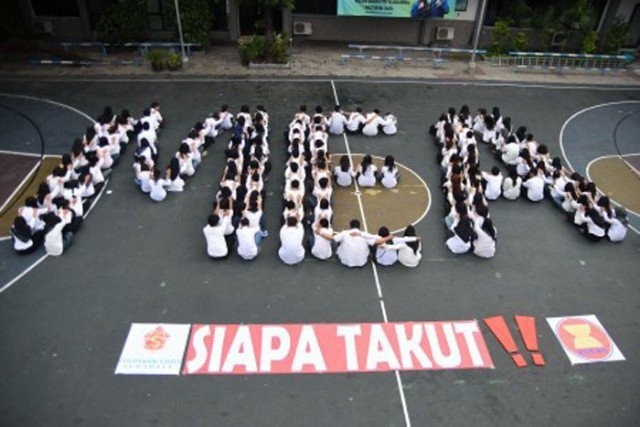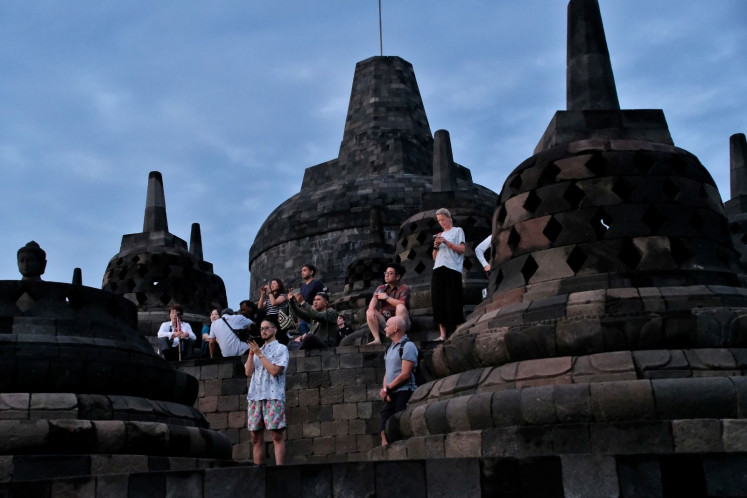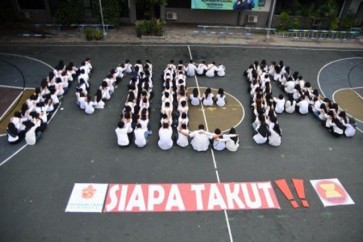Popular Reads
Top Results
Can't find what you're looking for?
View all search resultsPopular Reads
Top Results
Can't find what you're looking for?
View all search resultsCan ASEAN rise to the next level?
With a gross domestic product of US$2.6 trillion, the AEC is the seventh-largest economic block. With a population of more than 620 million, it is the third largest in Asia, after China and India. In this regard, the Philippines will highlight ASEAN MSMEs as the main drivers of inclusive growth in the region.
Change text size
Gift Premium Articles
to Anyone
A
SEAN will celebrate its 50th anniversary this year as a momentous milestone for the region after five decades of success and achievements. This remarkable year will be led by the Philippines as the new ASEAN chair country.
Proclaiming this year’s theme, “Partnering for Change, Engaging the World,” Philippine President Rodrigo Duterte pledged to promote ASEAN, home to more than 640 million people at different stages of economic development, as the ideal model of regionalism and as a global player with the interests of its people at its core.
During the handover of ASEAN chairmanship from Lao at the ASEAN Summit last Sept. 8, the President promised to steer and guide the association to pursue initiatives and enhance cooperation with global partners, while retaining ASEAN’s centrality, unity and solidarity.
The 50th anniversary can become the starting point to prepare for new challenges that lay ahead in the region. As ASEAN chair and one of the founding members, the Philippines has the huge task of leading the region to better economic prospects, political stability and security amid major challenges within the country, within the ASEAN region and also in the wider world. Those challenges need to be faced and resolved simultaneously.
We can see that trade within ASEAN has been stagnant at between 20 percent and 24 percent over the last couple of years, even though the elimination of tariff barriers has been an important point on the agenda. Unimplemented measures and pending matters still exist in the second year of the ASEAN Economic Community (AEC), which started in 2015. These issues should be addressed more deeply, while ASEAN also tries to broaden its ambitions by endorsing the ASEAN Blueprint 2025 as a new milestone to be achieved.
Rising protectionism correlated with stagnating economic growth worldwide and growing unease over globalization creates a major setback to efforts of regional integration and could disrupt global supply chains.
In addition, business growth (for example in the digital economy) has lagged behind international commitments. Negotiations on a new global trade agreement have stalled. Progress on the Trans-Pacific Partnership has been abruptly ended after Trump’s victory, creating greater pressure for ASEAN to conclude negotiations on a Regional Comprehensive Economic Partnership agreement.


















